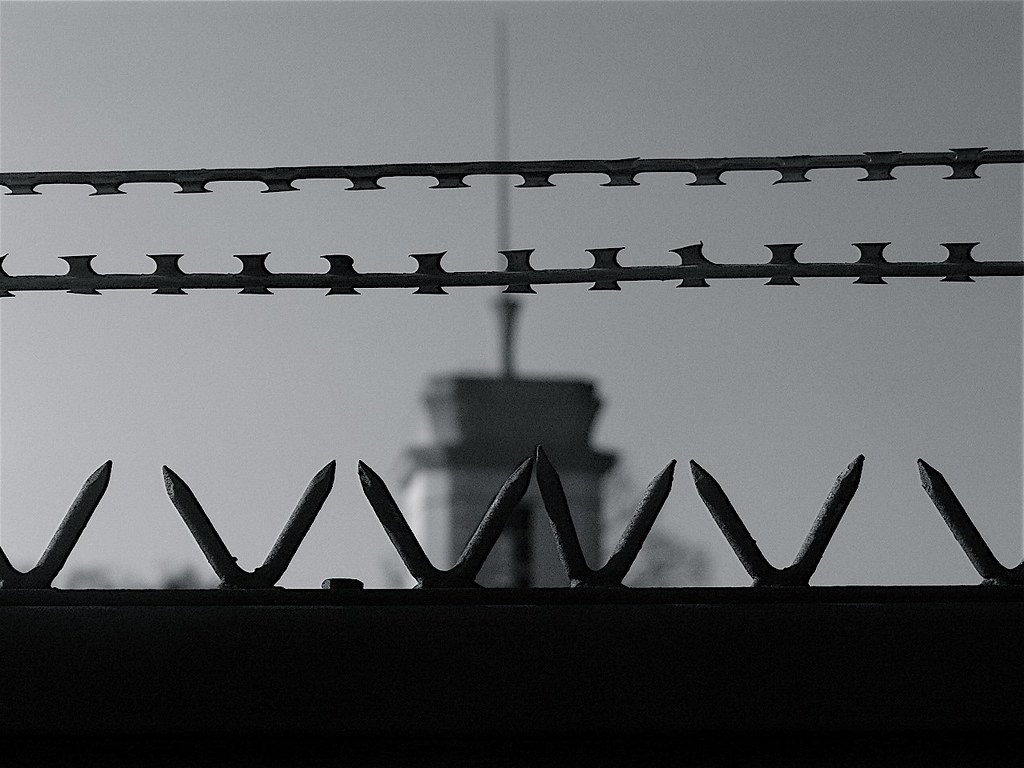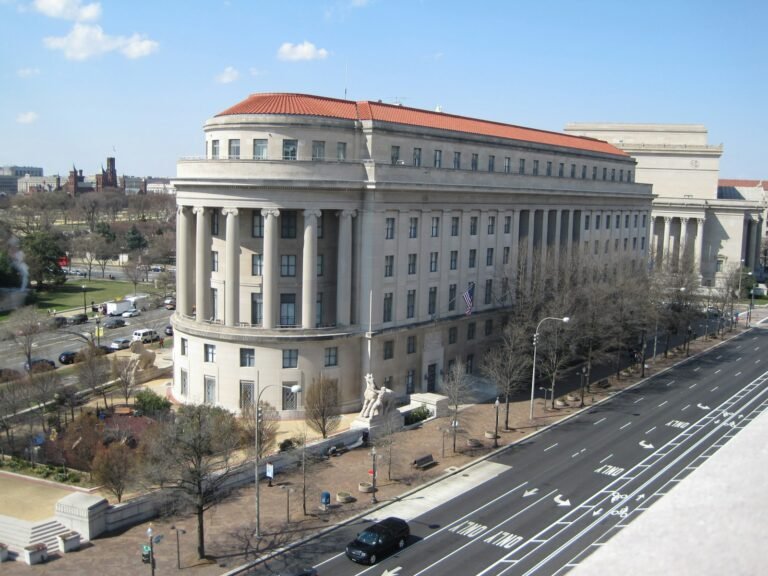
(Source: Baltimore Banner) Baltimore County is facing mounting legal costs, with the County Council recently approving an additional $4.55 million to fund a protracted lawsuit regarding the treatment of inmates who worked at the county’s recycling facility. This litigation, which began in 2021, centers on whether the 550 incarcerated workers at the Baltimore County Detention Center should be classified as employees entitled to minimum wage, or as volunteer participants in a rehabilitative program.
Inmates at the county’s Materials Recovery Facility (MRF) were paid $20 per day for their work, while outside workers doing similar tasks earned at least the federal minimum wage of $7.25 per hour. The case, initially dismissed by a federal court in 2023, was revived by the 4th Circuit Court of Appeals, which questioned whether the inmates’ work should be considered employment under the Fair Labor Standards Act (FLSA).
The county has spent millions in legal fees defending its stance that the inmates were not employees, citing the rehabilitative nature of the work. The council’s approval of the latest $4.55 million payment brings the total legal costs for this case to over $6.5 million. This is the fourth time the county has increased its payments to the law firm Nelson Mullins Riley & Scarborough, and part of a broader trend of rising legal expenditures. In total, the county has approved nearly $7 million in outside legal fees this year alone, prompting concern among some council members, including Council Chair Izzy Patoka, who has expressed reservations about the growing costs.
The county’s legal expenditures have raised eyebrows, particularly in comparison to neighboring Anne Arundel County, which has spent far less on legal fees this year. Critics, including Peta Richkus, a former state official, argue that the county’s reliance on expensive outside counsel is wasteful and burdens taxpayers. Some, like Deborah A. Jeon, legal director for the ACLU of Maryland, contend that the case is emblematic of a larger issue of denying fair wages to incarcerated workers, a stance they deem unjustifiable.
The case could have broader implications for inmate labor laws across the state, as Councilman Julian Jones highlighted, stressing the importance of fighting for fair compensation for incarcerated workers. The outcome could also be financially significant, as a ruling against the county may require back payment of wages to the inmates involved. However, the escalating legal fees and the ongoing conflict over inmate labor are raising questions about whether the county’s defense is worth the cost.
As the case moves toward a potential Supreme Court review, Baltimore County residents and officials alike are left grappling with the financial and ethical dimensions of this legal battle.


